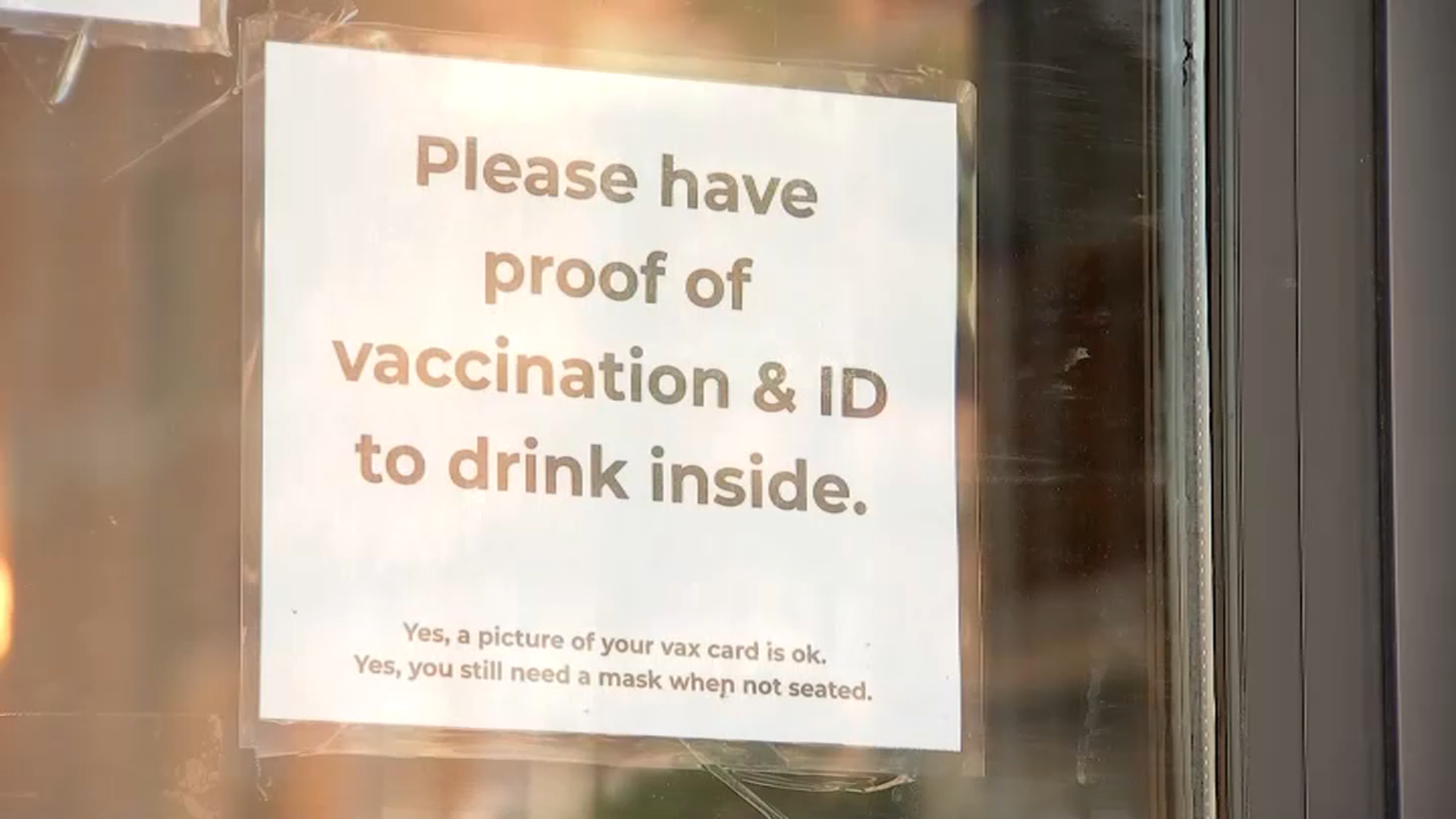Amid concerns that cases of COVID-19 could potentially cause long-term issues, including a loss of taste and smell, lowered energy and other neurological symptoms, Chicago’s top doctor says that efforts are underway to learn more about those ailments, and about ways to potentially treat them.
Neurological symptoms have been commonly reported in those suffering from post-COVID conditions - lingering symptoms experienced four or more weeks after an initial infection.
But a new study by researchers at Yale University found even those who contract mild infections can sustain neurological damage.
In an interview with NBC Connecticut, Dr. Akiko Iwasaki, who conducted the study, explained researchers intentionally gave mice a mild respiratory infection with SARS-CoV-2, the virus that causes COVID-19.
Over the course of seven days, they examined the infection's impact on the brain.
"And what we found is that even with a very mild infection, which we really cannot measure any disease phenotype in these mice, we still saw some significant damage in the cells of the brain," said Iwasaki, an immunologist with the Yale University School of Medicine. "This means that even a mild respiratory infection could lead to neurological symptoms; that's based on the damage that we see."
However, the doctor emphasized that those with severe illness are at higher risk for cognitive impairment.
Yale researchers cited a study that examined COVID patients in a New York City hospital system and determined the incidence of cognitive impairment was increased in hospitalized patients compared to those with mild COVID.
Persistent cognitive impairment is said to impact approximately one in four COVID survivors, according to a study about the frequency and variety of symptoms associated with the disease.
Feeling out of the loop? We'll catch you up on the Chicago news you need to know. Sign up for the weekly Chicago Catch-Up newsletter.
In regard to newer variants such as omicron, the incidence and severity of impairment remain unknown, researchers noted.
Post-COVID conditions overall are thought to affect a "high fraction" of people who have recovered from COVID-19, but what causes the lingering symptoms still remains unknown.
"Whether it be affecting, you know, the nervous system or the GI tract or the respiratory tract, the long COVID can affect so many multiple organ systems," Iwasaki said. "And currently, we don't understand how long COVID happens. And if we don't understand that, we won't know how to treat these diseases better. So ultimately, we want to understand the underlying mechanism of disease, so we can come up with a therapy to treat these patients."




